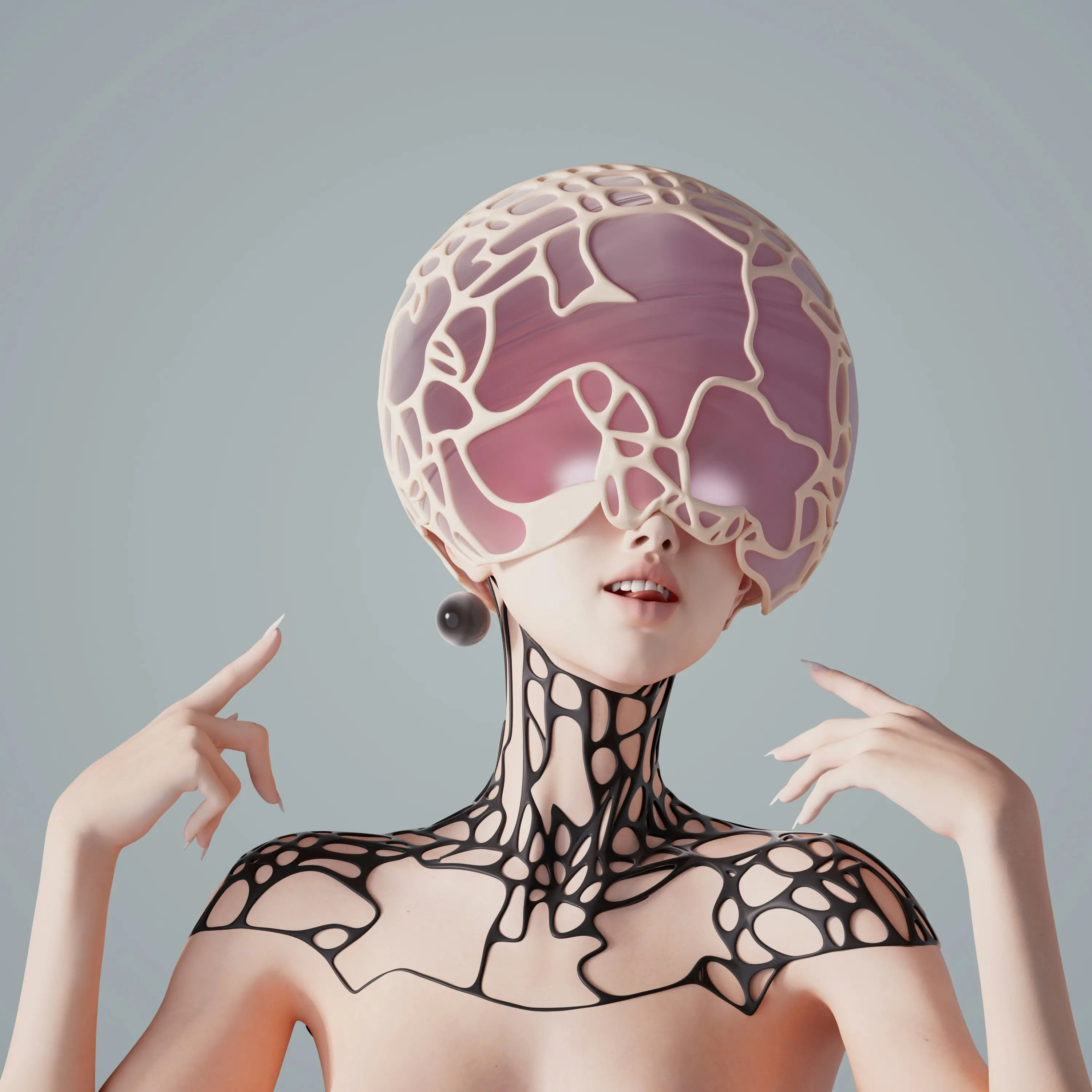Zapping Away Addiction: The Future Of Brain Stimulation

Imagine a world where overcoming addiction is as simple as flipping a switch. This might sound like science fiction, but researchers are exploring the potential of brain stimulation to combat addiction. As new techniques emerge, we are on the brink of a breakthrough that could change the landscape of addiction treatment.
Addiction is a complex disorder, often involving a tangled web of biological, psychological, and social factors. Traditional therapies, such as counseling and medication, can be effective but are not a universal solution. Enter brain stimulation, a high-tech approach that aims to directly influence the brain's circuits.
Brain stimulation techniques like Transcranial Magnetic Stimulation (TMS) and Deep Brain Stimulation (DBS) are gaining traction in medical research. These methods work by delivering electrical impulses to specific areas of the brain, potentially altering neural activity in ways that reduce cravings and withdrawal symptoms.
Recent studies have shown promise. For example, TMS, which uses magnetic fields to stimulate nerve cells in the brain, has been found to decrease alcohol cravings and improve abstinence rates in individuals with alcohol use disorder. Meanwhile, DBS, a more invasive procedure involving implanted electrodes, has demonstrated potential in reducing drug-seeking behaviors in animal models.
Yet, despite these encouraging findings, experts caution that brain stimulation is not a magic bullet. The brain is an incredibly complex organ, and the mechanisms underpinning addiction are not fully understood. More research is needed to determine the long-term effects and safety of these treatments.
Moreover, ethical considerations loom large. The idea of altering brain function raises questions about autonomy and consent, especially in vulnerable populations. Researchers are keenly aware of these concerns and are working to address them as they move forward.
As the field advances, collaborations between neuroscientists, psychologists, and ethicists are crucial. Together, they aim to develop guidelines and protocols that ensure the responsible use of brain stimulation technologies.
Brain stimulation offers a tantalizing glimpse into the future of addiction treatment. While challenges remain, the potential benefits are significant. By harnessing the power of technology, we may one day provide new hope for those struggling with addiction, transforming lives and reshaping the way we view this pervasive issue.